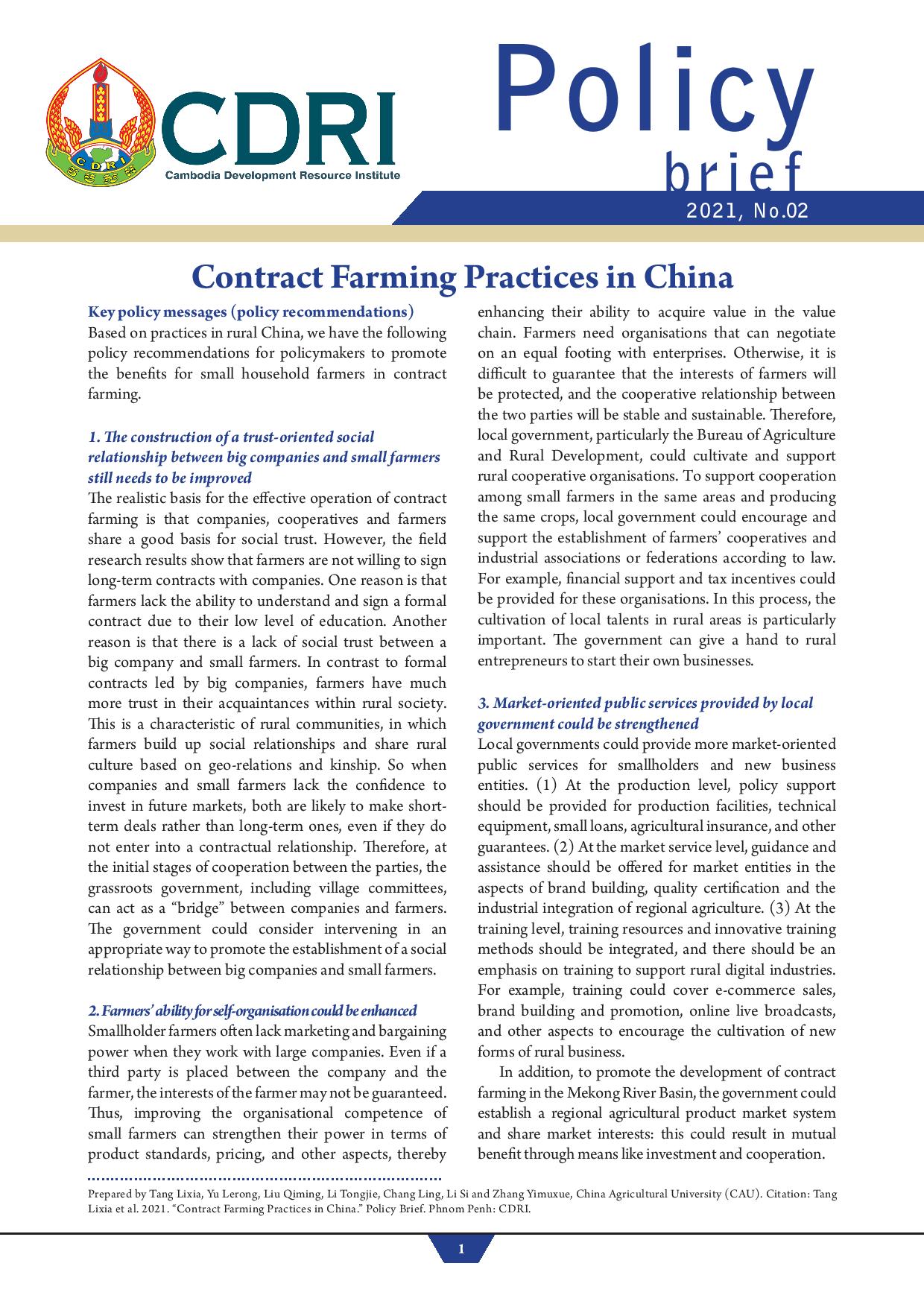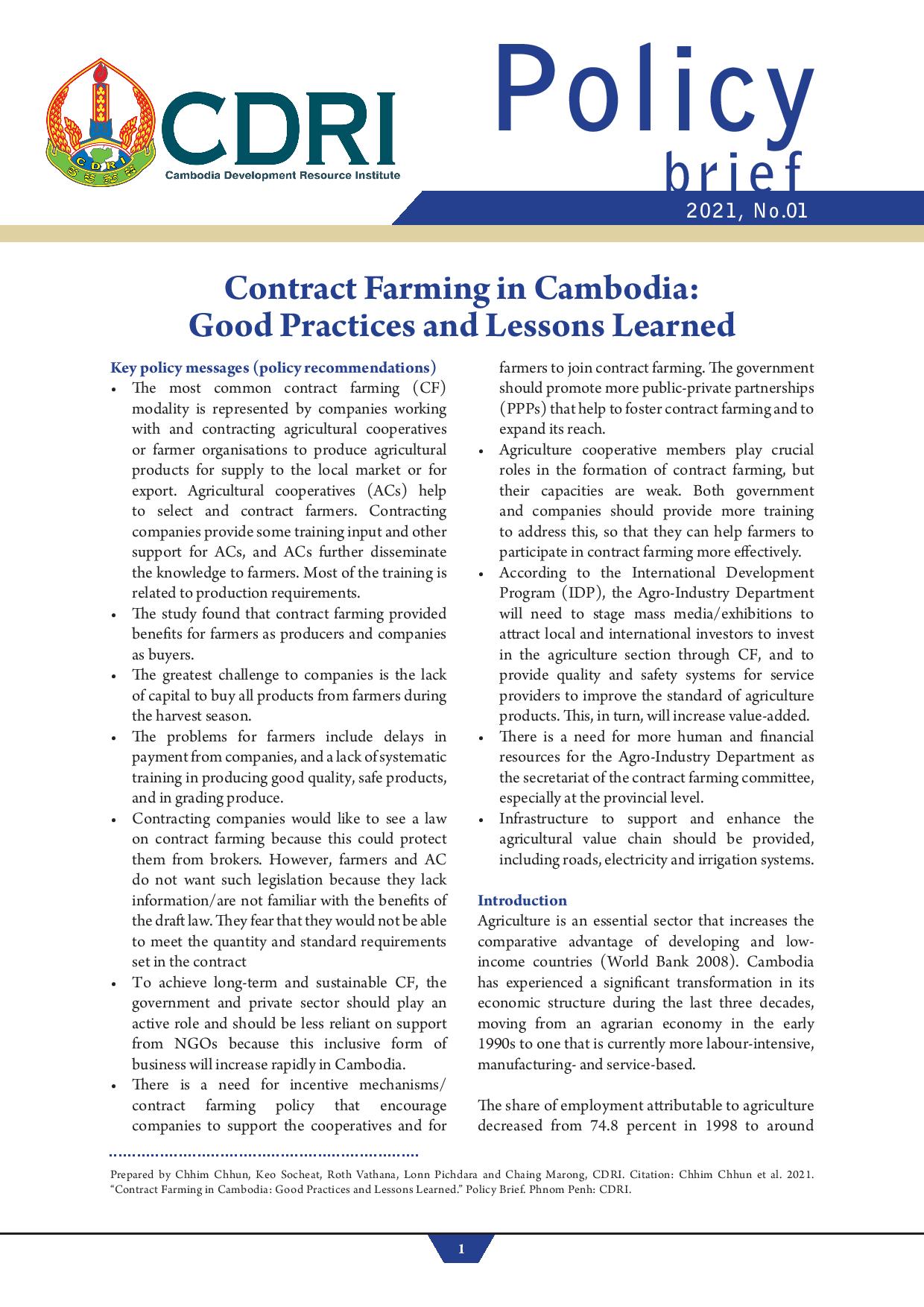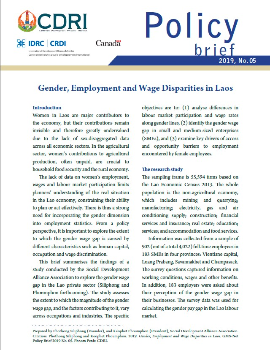
Abstract/Summary
Good governance is critical for Cambodia's future. Over the last decade, during transition toward liberal democracy and a market economy, Cambodia’s policy-makers, donors and civil society have recognised that strengthening good governance is imperative if Cambodia is to sustain socio-economic development.
The current study, which was commissioned by the Asian Development Bank (ADB), considers how to promote good governance for sustainable development in Cambodia. The analysis and findings from the study aim to contribute insights for policy-making by the Royal Government of Cambodia. It also identifies some key areas and strategies of assistance for ADB and other donors to consider.
This independent study entailed extensive
consultations and interviews with many people from the Royal Government of
Cambodia, the National Assembly, the Senate, the Judiciary, the media,
businesses, civil society organisations, and international donor agencies.
Governance is defined in this study as the manner
in which power is exercised in the management of a country’s economic and
social resources for development. States with good governance exercise their
powers through state institutions and organisations that are accountable and
transparent to the general public. They also exercise powers based on the rule
of law, which are therefore predictable to the public. Furthermore, states with
good governance are adept at promoting people’s participation in the
development process and policymaking. Throughout the current Report, governance
structures and key governance reforms are examined from the perspective of
those four elements in governance – account[1]ability,
transparency, predictability, and participation.
This
study covers three domains of governance structure: (i) the public sector; (ii)
civil society; and (iii) the media. The broad scope of this study has at least
two merits. First, it can help to articulate strategic programming at the
project (or micro) level within the overall pic[1]ture
of governance. Second, the broad scope helps to analyse the interface between
the public sector and civil society, a critical and often under-emphasised
element in promoting good governance



